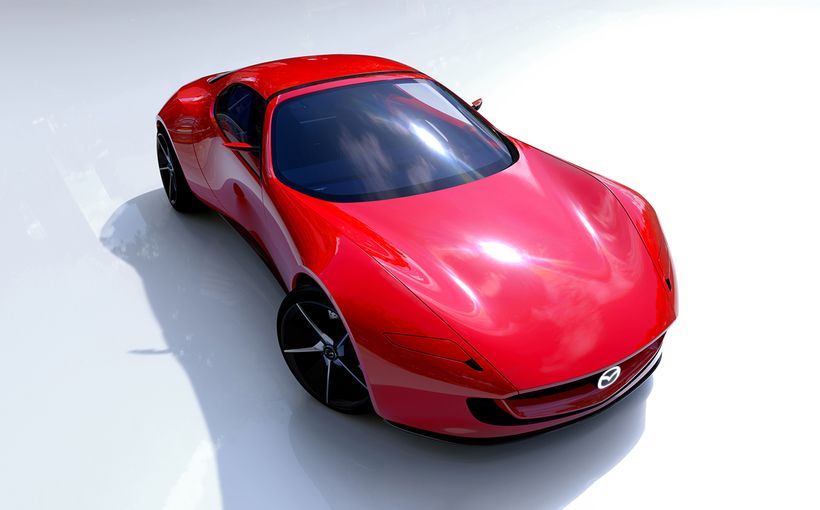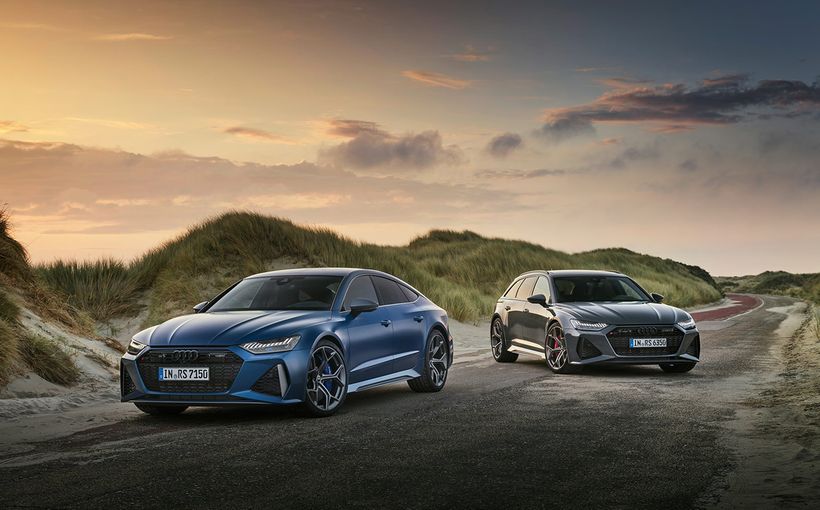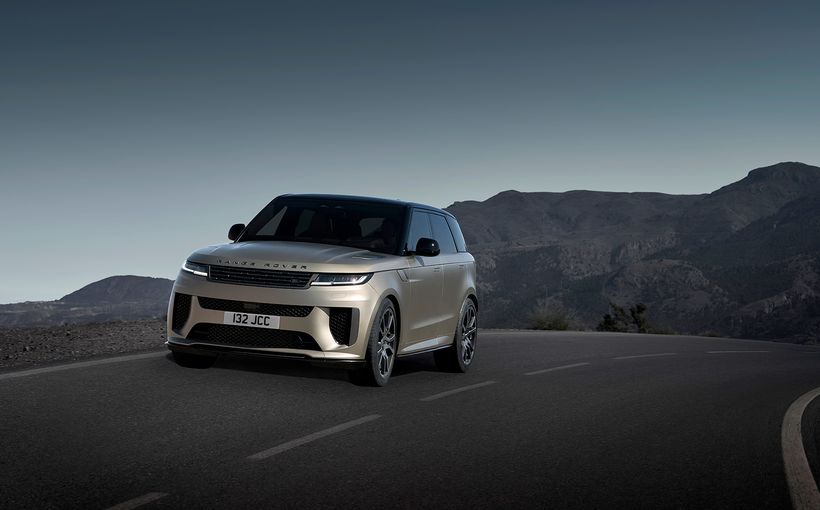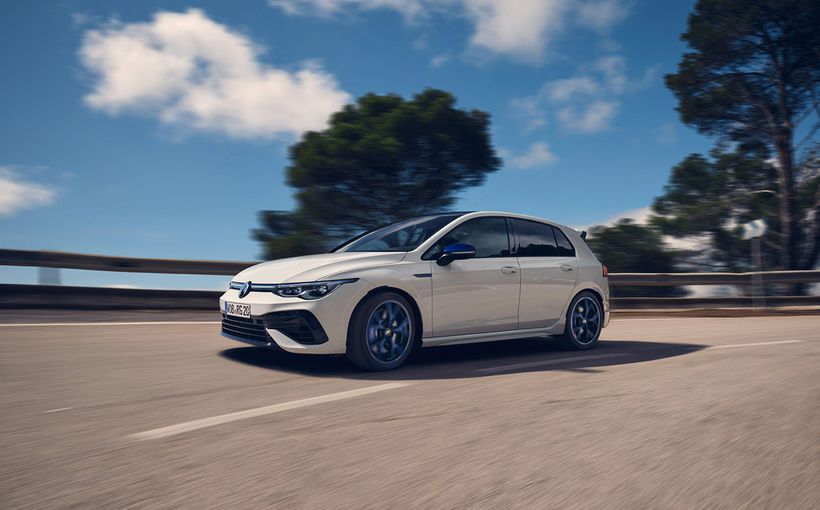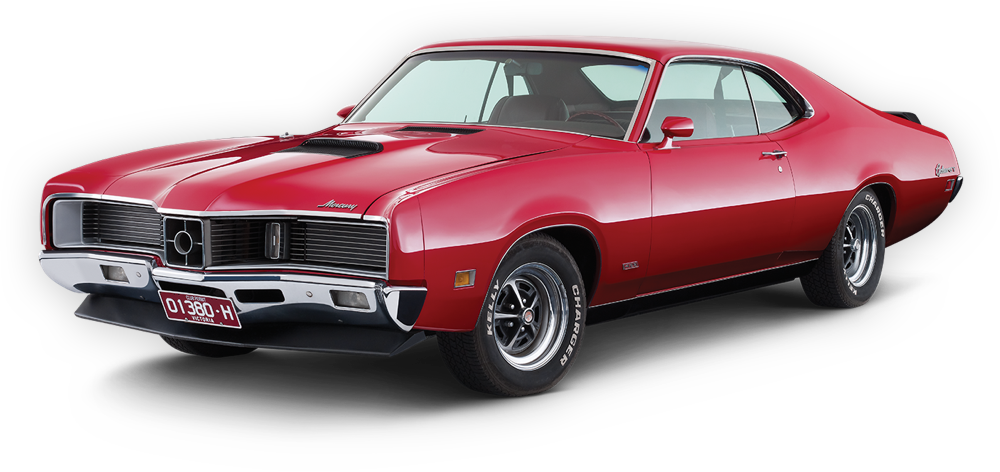TAKING things to the next level can be extremely difficult when you are already at the top of your game, just ask any supercar-maker such as Ferrari, Lamborghini or McLaren.
While the first two have history and heritage to dip into for their Speciales and Performantes, McLaren has only been building more hardcore production cars since 1997 with its F1 GTR ‘Longtail’.
Despite its relative youth, McLaren hasn’t been afraid to let loose on lighter, sharper and more powerful editions of its Italian supercar slayers, adopting the Longtail moniker for the latest 600LT.

Beginning life as a 570S, McLaren has taken the tried-and-trusted twin-turbo 3.8-litre V8 petrol engine that develops 419kW/600Nm and upped the ante by 22kW/20Nm.
With an upgraded engine cooling system and a titanium exhaust that reduces back pressure, the 600LT belts out 441kW/620Nm to its rear wheels via a seven-speed dual-clutch automatic transmission.
Although McLaren are yet to reveal the zero to 100km/h acceleration time – given the 570S can complete the spring in 3.2 seconds – expect to see the 600LT stop the clock even quicker.

Like all Longtails of the past, the 600LT grows in length – this time by 74mm with a larger front splitter, lengthened rear diffuser and prominent fixed rear wing.
Weight has also been pared back in an effort to increase performance (optional, of course) with up to 96kg able to be shaved off the 570S Coupe donor, the 600LT can tip the scales with as little as 1247kg dry weight.
To put that into perspective, a Volkswagen Golf R weighs 1479kg, the Honda Civic Type R measures 1393kg, and even the entry-level Lotus Evora – a bantamweight in the sportscar game – is heavier and tips the scales at 1395kg.

Inside, McLaren’s latest also sports a number of weight-saving features such as Alcantara trim and carbon-fibre racing seats taken from the headline-stealing P1 former flagship.
For those who want more modern pews though, buyers can also opt for seats taken from the completely over-the-top 588kW/800Nm Senna hypercar.
How has McLaren managed to keep the kilos off? Carbon-fibre is the answer, with the lightweight material used on specific parts of the bodywork including the vented front fenders, roof and cantrails.

The exhaust system has also been shortened to reduce weight, with the system exiting from the top of the 600LT’s rear compartment that helps evacuate unwanted gas from the mid-mounted engine quicker.
While dropping weight and extracting extra performance from the engine is usually enough to turn something special into something truly unforgettable, McLaren has not just stopped there.
The 600LT sports aluminium double-wishbone suspension with the lightweight brakes lifted directly from its hardcore 537kW/770Nm 720S sibling, while also gaining a sharper throttle and steering tune.

Engine and exhaust mounts have also been stiffened, while super-sticky Pirelli P-Zero Trofeo R rubber wraps the massive arch-filling wheels.
However, as previously mentioned, the 600LT is not the first to wear the Longtail moniker, with the badge first appearing in 1997 on the even more hardcore F1 GTR race car.
Originally designed for racing in 1995, the F1 GTR Longtail wore lengthened bodywork – increased by a massive 641mm – for improved aerodynamics and downforce.

Only nine examples were built, as well as one prototype, each with tweaks to the transmission and suspension while only tipping the scales at 915kg – some 135kg lighter than the F1 GTR that won the 24 Hours of Le Mans in 1995.
Power came from the same naturally aspirated V12 engine as the F1 road car, but destroked to 6.0 litres instead of 6.1 litres, although exact power figures are hard to come by.
McLaren would not revive the Longtail nameplate until 2015 with the arrival of the 675LT, the highest-performing of the Super Series models.

Based off the 650S, the 675LT sheds 100kg thanks to carbon-fibre front and rear bumpers, rear fenders, side intakes, and front undertray for a 1230kg dry weight.
Outputs from the familiar 3.8-litre twin-turbo V8 engine reached 496kW/700Nm in the 675LT, which resulted in a 0-100km/h time of just 2.9s and a Top Gear lap record of 1:13.7 – 0.1s quicker than the Pagani Huayra.
Protect your Classic. Call Shannons Insurance on 13 46 46 to get a quote today.




